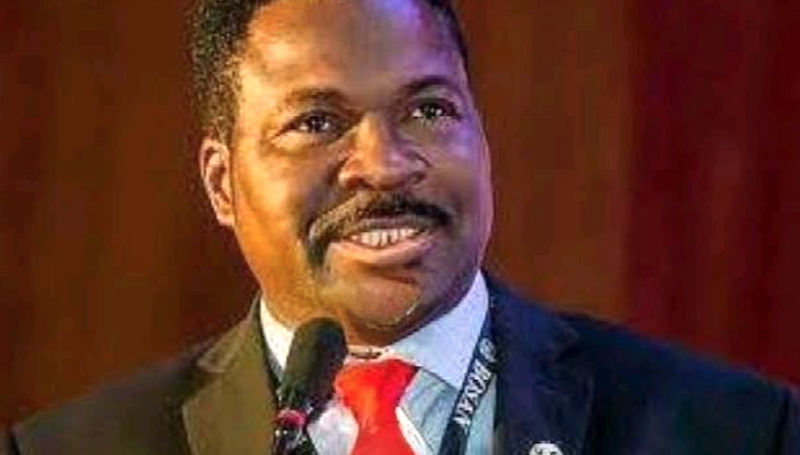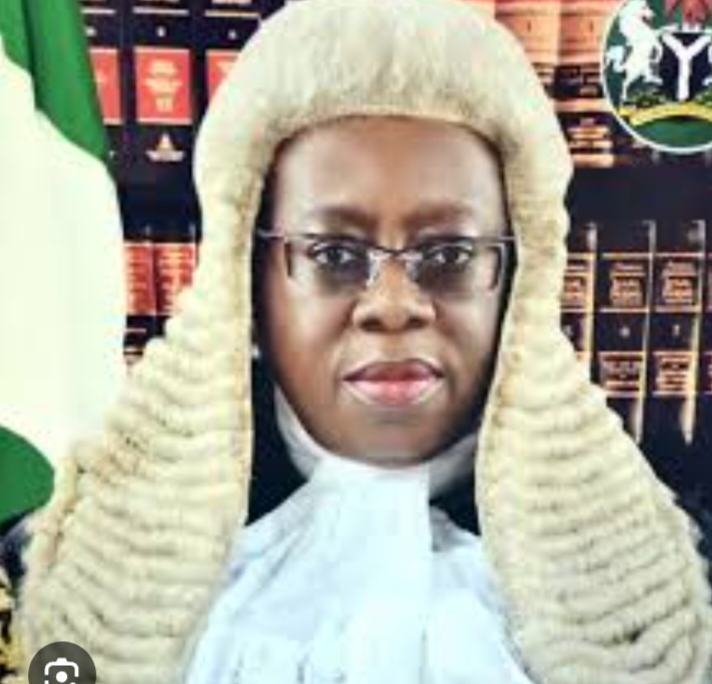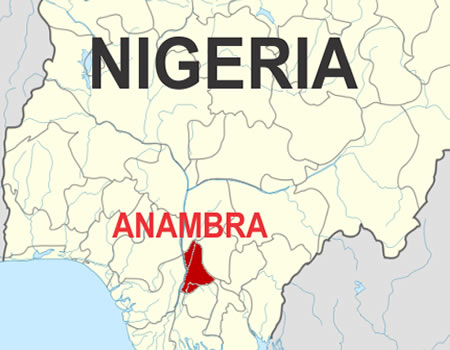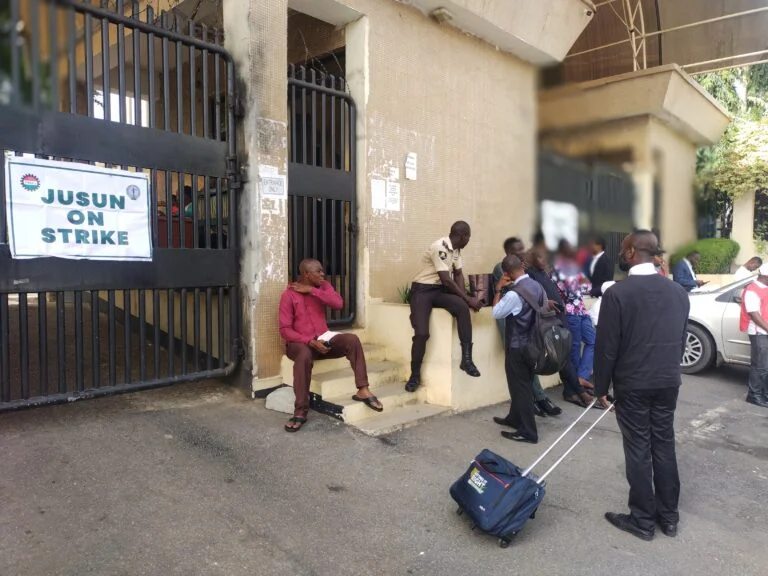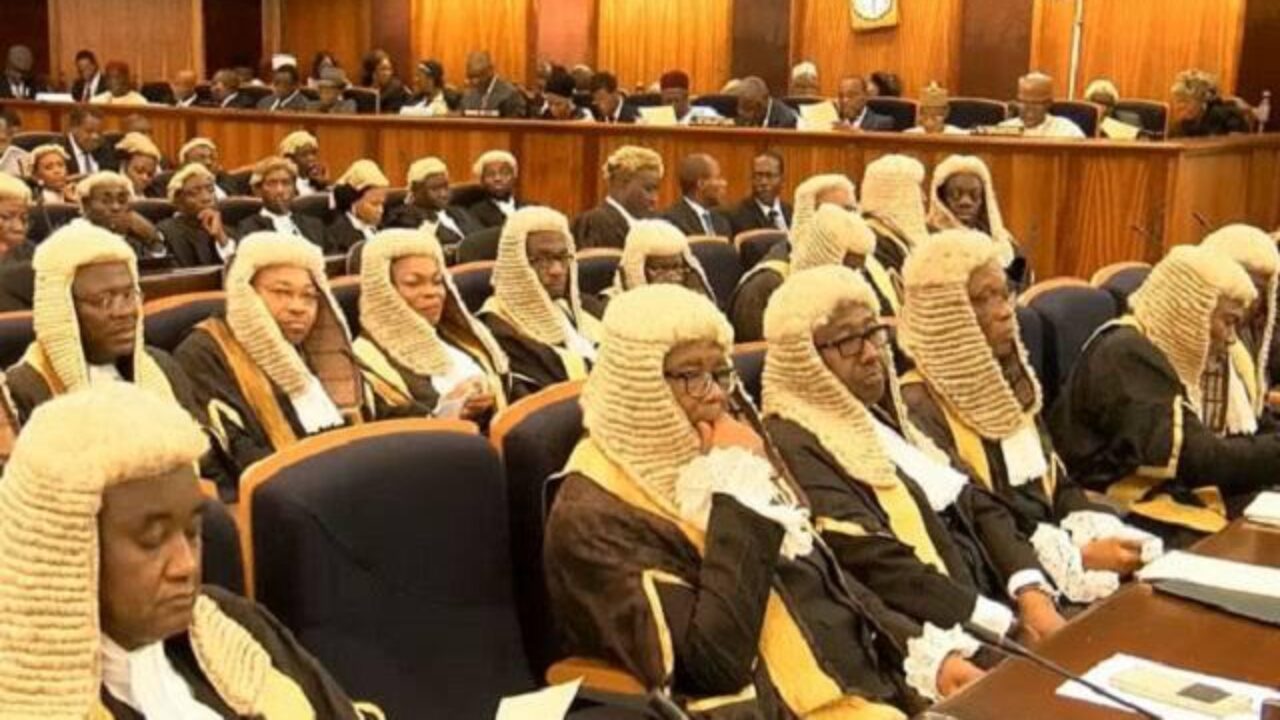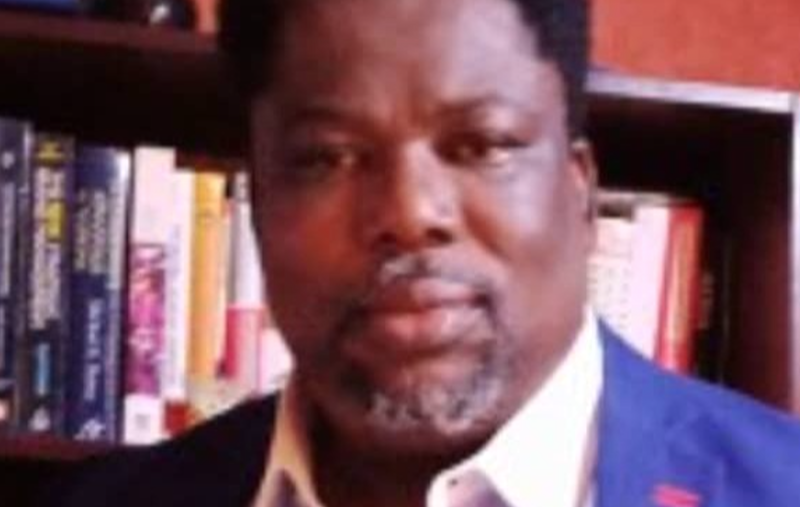Judicial misconduct and corruption are global phenomena that portend grave danger for society and, no doubt, a national emergency. The point when the chairman of the Independent Corrupt Practices Commission, ICPC, declared the judiciary the most corrupt in terms of the incredible amount of bribes offered to judges handling political and electoral cases was the needed cue to “shut down” the entire system and demand surgical reforms- because as Justice Samson Uwaifo, a retired Justice of the Supreme Court puts it, “a corrupt judge is more harmful than a man who runs amok wielding a dagger in a crowded street. While the man can be physically restrained, the corrupt Judge deliberately destroys the foundation of society”.
With little attention paid to the continuous impropriety of some judges, curiously, the Attorney General of the Federation, AGF, and Minister of Justice, Prince Lateef Fagbemi, admonishes politicians to restraint from casting aspersions on the integrity of the judiciary but plays blind to the reality that it takes two to play the game of corruption. Interestingly, we have seen sparks here and there of retired Supreme Court Justices coming out to have frank conversations and attempt some house cleaning, but only at their valedictory services because they were to be seen and not heard while in service.
The confines of the courtrooms are a sanctuary with one god or a collection of gods called the Magistrates, Judges or Justices, depending on the tiers of the court in question. The Judge, or whatever is applicable, holds the key to life or death, and a stroke of the gavel could take the rights and privileges of any individual irrespective of class, influence or status, and everyone standing before an impartial Judge prays to higher gods for help, especially if one has a bad case. So, the verdict of a judge could either make or mar anyone depending on the body of evidence before his lordship – so we think!
While subjecting evidence to the sanctity of the laws or constitution, the interpretive latitude and prerogatives of the judges cannot be discountenanced, and the possibilities for human frailties or induced miscarriage of justice, yet the judgement of any sitting judge is final and binding without any liability on the Judge.
The appellate court’s judgement in the matter between the sitting governor of Kano state, Abba Kabir Yusuf of the NNPP and his rival, Nasir Yusuf Gawuna of the APC, is making what looks like a cracked judiciary, broken and derailed in the eyes of Nigerians, and the facts of the matter about some critical contents of the CTC copy being in dissonance with the verdict at the court during judgement, is lavishly discussed in the public courts. Indeed, these are strange times for the judiciary, and it staggers the very foundation of the entire judicial system, given the allegedly questionable verdicts emanating from the court in this electoral circle.
The Nigerian judiciary has never come under such intense scrutiny, blackmail or disparagement by the public before now. The criticism rages like a broken dam, and the consequences could be far-reaching if the keepers of the gate fold their hands and watch helplessly. The position of the respected AGF that the judiciary should have some respite is unattainable because he knows unequivocally that no sane Nigeria will take on the revered judiciary if there is no room for doubts.
What could embolden the politicians and the Nigerian public to poke their fingers in the eyes of the judiciary, the AGF wonders, or maybe pretending about it? It was this same APC government under the penultimate President, General Buhari, rtd, that opened the floodgate for the near desecration of the judiciary when the then Chief Justice of the Federation, Justice Walter Onnoghen, was dragged to the market square and strapped naked before Nigerians – rubbishing the sanctity of the judiciary in this country.
With the Chief Justice of the Federation sacked and the controversies surrounding that action still questioned, in commando style, the houses of some the justices of the Supreme Court were raided like dens of common criminals on account of very unprintable and unverifiable claims as they were hounded, embarrassed and dragged by the secret police under that administration but coincidental today, it was one of those justices that led the Supreme Court which gave victory to the present administration that the current attorney general is serving, did money change hands? So, the need for caution in the pursuit of political interest, is golden.
If the Federal government, with access to intelligence, can say at a time that the judiciary is corrupt and it was cancer stifling democracy, what else can the average Nigerian do?
This singular issue from Kano state has thrown up countless questions about the sacredness of the judiciary and the impartiality of our judges, corruption and sharp practices. Will it not amount to selective inertia to forget how 14 out of 15 Justices of the Supreme Court accused the then CJN, Tanko Muhammad, of corruption, incompetence and maladministration? Among the litanies of allegations of corruption in the judiciary by retired justices and that of retired Justice Dattijo ruling the airwaves currently, almost every respected lawyer in this country is shouting that there is corruption in the judiciary. It is about time judges answered their fathers’ names and defended their integrity individually because it appears the National Judicial Commission, NJC, lacks the will to save the judiciary from this downward trajectory.
The spectrum has even stretched to the recruitment criteria and processes of these judges or justices, pitching professors of law, respectable legal luminaries and renowned men of the silk against each other. So, instead of making a feeble attempt at shielding the judiciary from constructive criticism, why not start the processes of house cleaning and deep reforms from within, but the NJC seems to have other pressing need than saving the judiciary.
How can anyone forget so soon the accusation against this current CJN of holding secret meetings with the then candidates and now president, Asiwaju Bola Ahmed Tinubu? While such allegations cannot be substantiated or could as well pass for a beer parlour rants of men working at their bottles, it opens the mind of any keen observer to the perceived image damage of the judiciary, otherwise why will a Tinubu meet a CJN outside the country to influence him, a political novice or nonentity wouldn’t do that how much more a political behemoth like the current president.
So, the first port of call, it is unmistaken from the groundswell of insinuations in the public court that one of the biggest problems in the judiciary is the NJC, the body entrusted with the responsibility of appointing or recruiting judges, equipping them for the job, ensure their welfare and sanction erring ones but have they lived up to this billing – the results are out there.
Despite all the hue and cry from critical stakeholders, the feeble interventions from the NJC belie the required capacity, competence and operational governance to salvage this bastion arm of government. Nigerians demand for an overhaul of the judiciary, and until are disciplined, punished stringently and held accountable for their actions, the progressive decline is inevitable.
But, If the NJC is politicized, insensitive, patronizing, nepotistic, corrupt and undemocratic in its processes and handling of matters, could there be any hope for the judiciary? Today, we cry about corruption in the judiciary as it relates to electoral and political cases, so what can we say of every criminal, civil and commercial case, especially the one where money can influence the outcomes? Judiciary save thyself or remain in ignominy and utter disrespect, because this NJC looks like a paid undertaker.

